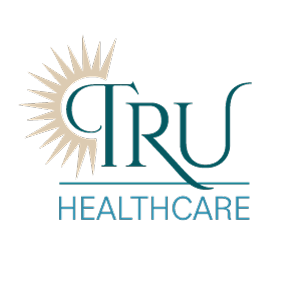As caregivers, we work around the clock to ensure our senior loved ones are safe throughout the long Minnesota winter months, when interacting within the community, and also in their own home. But what about keeping seniors safe when they are surfing the World Wide Web? Are we as vigilant with their online safety? Today’s technology is a wonderful thing for so many reasons, but it also makes users vulnerable to cyber scams, spam, hackers and identity theft.
Staying in touch with long distant friends or family members is much easier through a variety of social networks. Photo albums from a family vacation are able to be created and viewed online by relatives who live far away. Videos of a new born grandchild can be shared and with such high definition that it feels like you can reach out and touch the new baby. Older adults are even using digital dating services in hopes to meet someone new to offer companionship or travel with. With all this sharing of information online, such as social media sites, it puts our senior loved ones at an increased risk and vulnerability of cyber scams that may do harm.
Studies show that many seniors in North America are interacting online in various capacities, such as online banking, social media, or emailing. Each time an account is created, detailed personal information is required and sharing any personal information can put the user at risk. Being mindful of what information is being posted on social media is also important. The risk of oversharing includes:
- Photos posted on one social media account can show up on a different social media platform. For example, if you post a photo on Instagram or Twitter, it may also end up on Facebook if the accounts are connected. Review the privacy settings of all social media platforms to ensure protection and you are aware of exactly who can view your posts and profile.
- When creating a profile on your social media accounts, try to minimize the amount of detailed personal information you provide. Specifics such as birthdates, a child’s name, or street address could end up being used against you by a computer hacker.
- What seem harmless online quizzes and games also require personal information. All bits of information provided could end up in the wrong hands and put you at risk.
AARP has an online safety website with tips and interactive videos or webinars. This site teaches how to stay safe online with tips to avoid scams, learning how to create safe passwords, and even email and online searching safety tips and much more. Older adults tend to be more vulnerable to cyber-attacks for the following reasons:
- By nature, seniors tend to be more trusting and this can open the risk to online scam.
- Creating weak passwords. Generic passwords, such as Password123, are not strong enough.
- The general complexity of today’s computers and mobile devices tend to frustrate older adults, but also leave them at high risk.
Practicing smart online habits will greatly decrease your chances of being targeted in a cyber scam. A daily digital experience may include shopping online, connecting with friends through social media, completing an online crossword puzzle, meeting new people in your community, managing your banking, including money transfers, catching up on the latest news or even watching a movie. Learn how to get the most out of your digital experience, safely and securely.
Through direct services and through its ethnic initiatives, HealthStar Home Health provides services in various Midwestern and Southwestern communities. HeathStar Home Health serves individuals of all ages and abilities with caring and cultural sensitivity. With services such as life and health management, mental health, home health and home help, at HealthStar we are committed to making our communities strong by enabling individuals of all ages to live more independent and fulfilling lives. Contact us today at 888-689-3391 for more information or to schedule a no-charge consultation.

